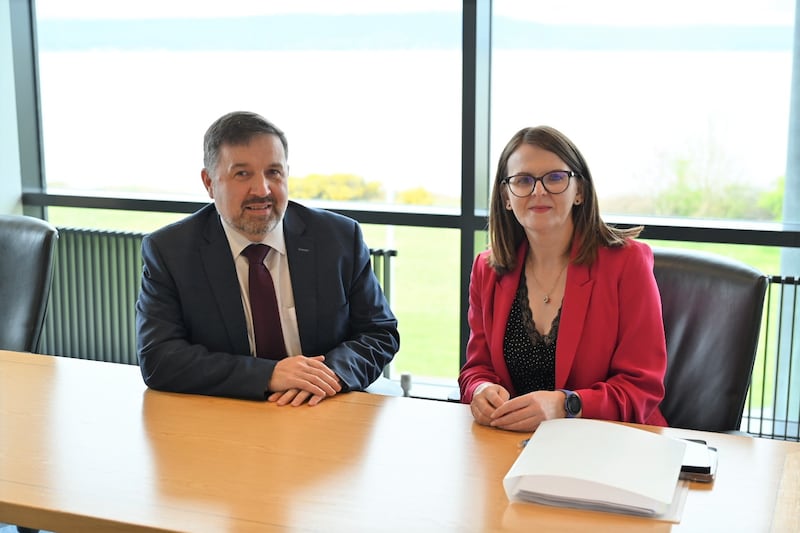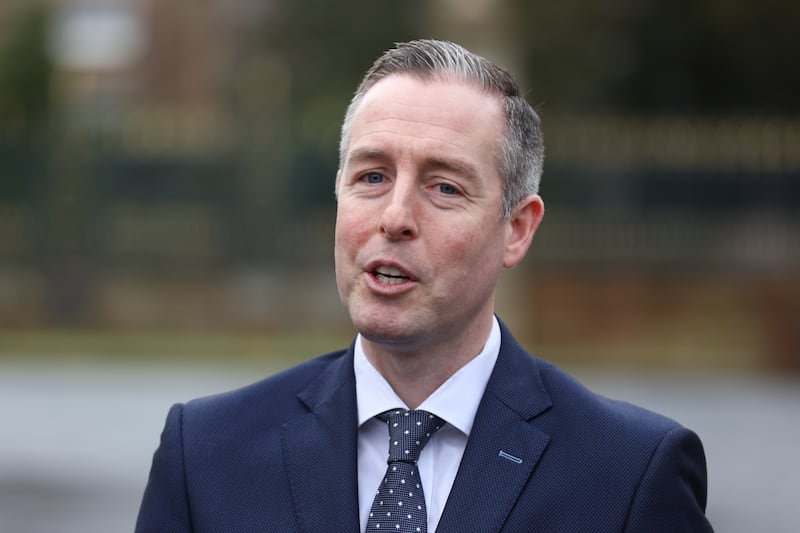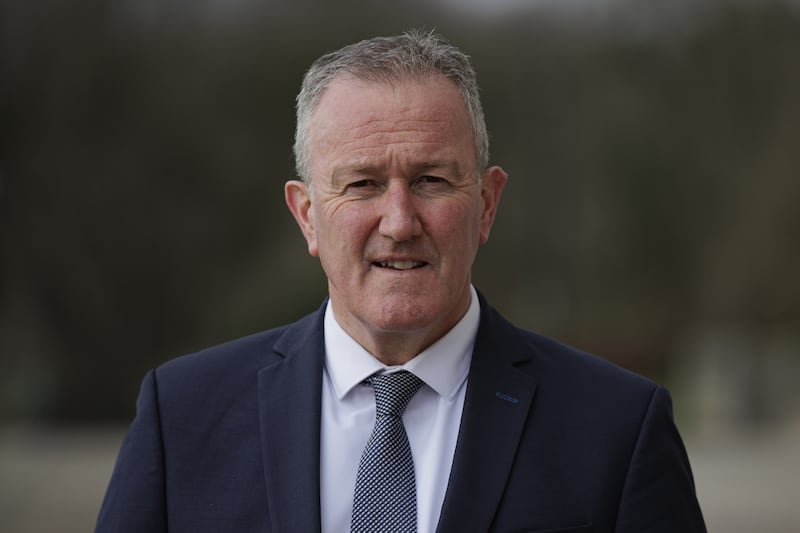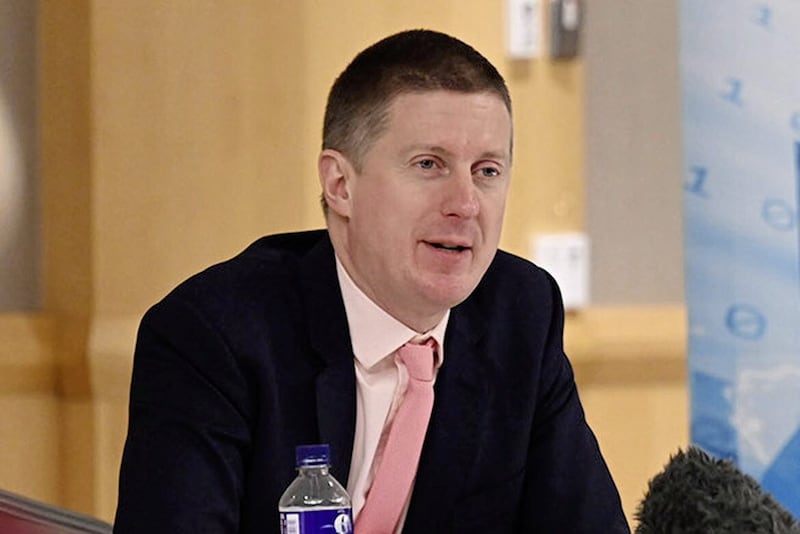Ministers could hear as early as this week how much extra they have to spend this year as Finance Minister Caoimhe Archibald works towards putting together a final budget.
But there is a huge disparity between what ministers believe they need and what is available, particularly across health, education and justice.
Ministers are waiting to hear from The Executive Office confirmation a meeting will take place this Thursday.
Ms Archibald has been having discussions with all the ministers as she prepares a budget with approximately £1 billion in extra money available in the 2024/25 financial year, with a total budget of just over £15bn for resource, or day-to-day spending.

A significant amount of any budget goes on pay, and much of the extra money available will be used to cover recent agreed claims.
But in those discussions and in papers, ministers have asked for a total of an extra £3.2bn, a senior Department of Finance official told an assembly committee last week.
Joanne McBurney added there are also a wide difference between what is being asked for under capital spending and what is available.
A total of £1.8bn is available for capital projects versus £2.8m in demands, Ms McBurney said.
The bulk of the non-capital demands, totalling in the region of £2.5bn, have come from health, education and justice.
On Sunday, Health Minister Robin Swann said his department need £1bn just to “stand still”. “It’s about damage limitation,” he told BBC’s Sunday Politics, adding there will be little or nothing available for any “transformation projects”.
The department’s total resources, or day-to-day, budget last year was £6.8bn, with a proposed capital spend of £468m.
Education Minister Paul Givan has said he was hoping for a £1bn uplift for the department “to meet the objectives that we have”. He estimated the total at £3.59b.

Justice Minister Naomi Long has also been lobbying on behalf of her department, mainly to pay for costs linked to the PSNI and the Prison Service.
Her officials have told the finance minister and the Assembly there is a £444m of “pressures” on the department, nearly 40% of last year’s total budget of £1.2bn.
But that figure includes an estimate of £116m to deal with the aftermath of last year’s data breach, mostly in connection with legal and security issues. It is not clear at this stage how much of that total will be paid this financial year.
Ms Long warned of “significant consequences” if the Executive continues to “eat away” at her department’s budget to fund others.
Other ministers have been less vocal publicly in relation to their department needs, though both the infrastructure and economy, led by John O’Dowd and Conor Murphy, are under extreme financial pressure.

While the sprawling departments are asking for up to £1bn, Stephen Herron, the head of the Public Prosecution Service, independent for government accounting purposes, said his agency is at tipping point on a budget of £40m. He is appealing for a £7m increase in his budget.
In its analysis of the present financial landscape, the independent NI Fiscal Council previously said the financial package put together ahead of the restoration of the Assembly will help the Executive balance its budget this year.
There is also the 24% increase in the block grant ‘Barnett consequential’ the north will receive as the UK Government increases spending in public services and capital investment in England.

“The funding package should balance the Executive’s budget this year, provide significant support over the next two years and arrest the ‘Barnett squeeze’ over the longer term,” said Sir Robert Chote, chair of the council.
“But if the deal is to deliver sustainability, the Executive will need to take and implement tough decisions on revenue, spending and public service reform and some may question whether this is realistic to expect in the time available.”









